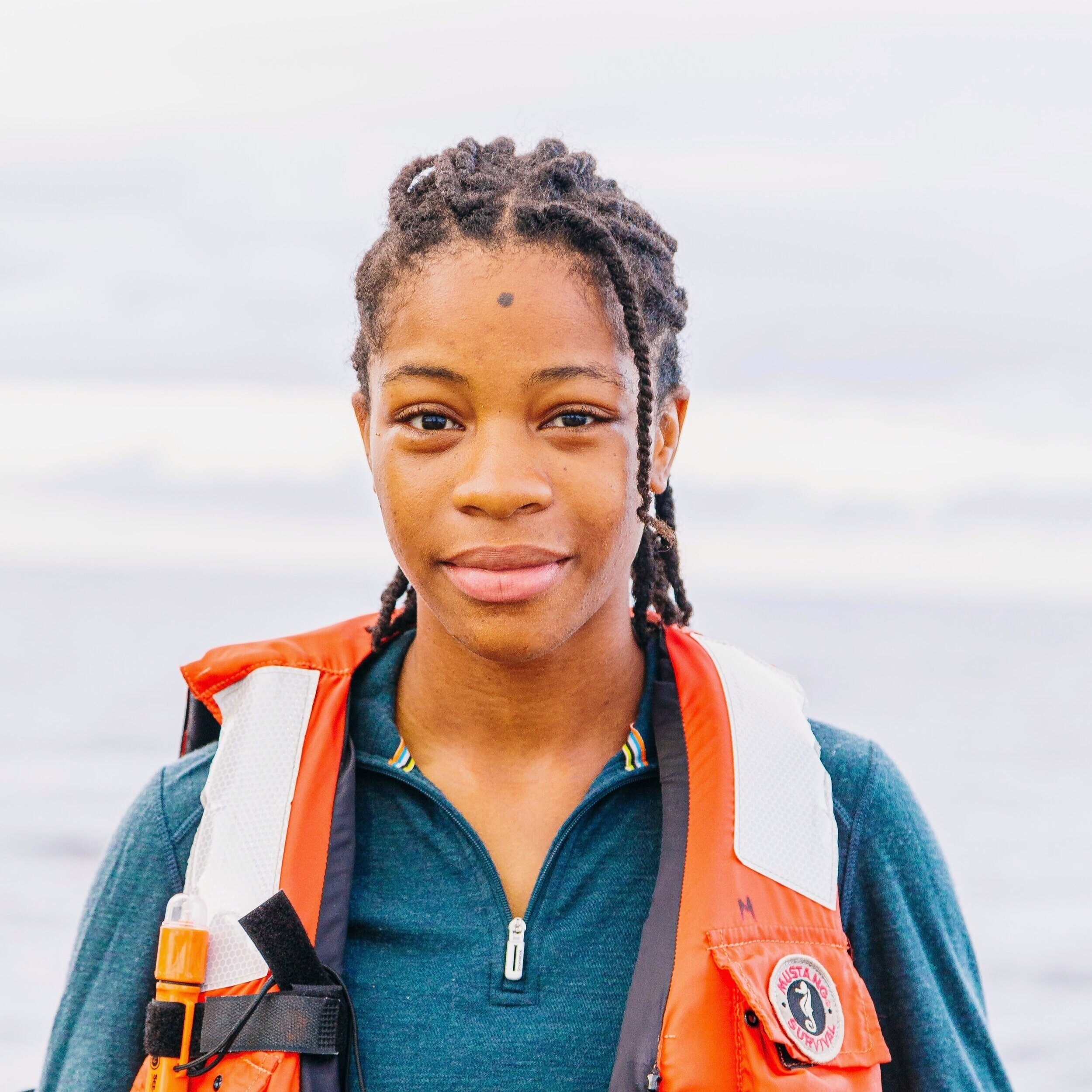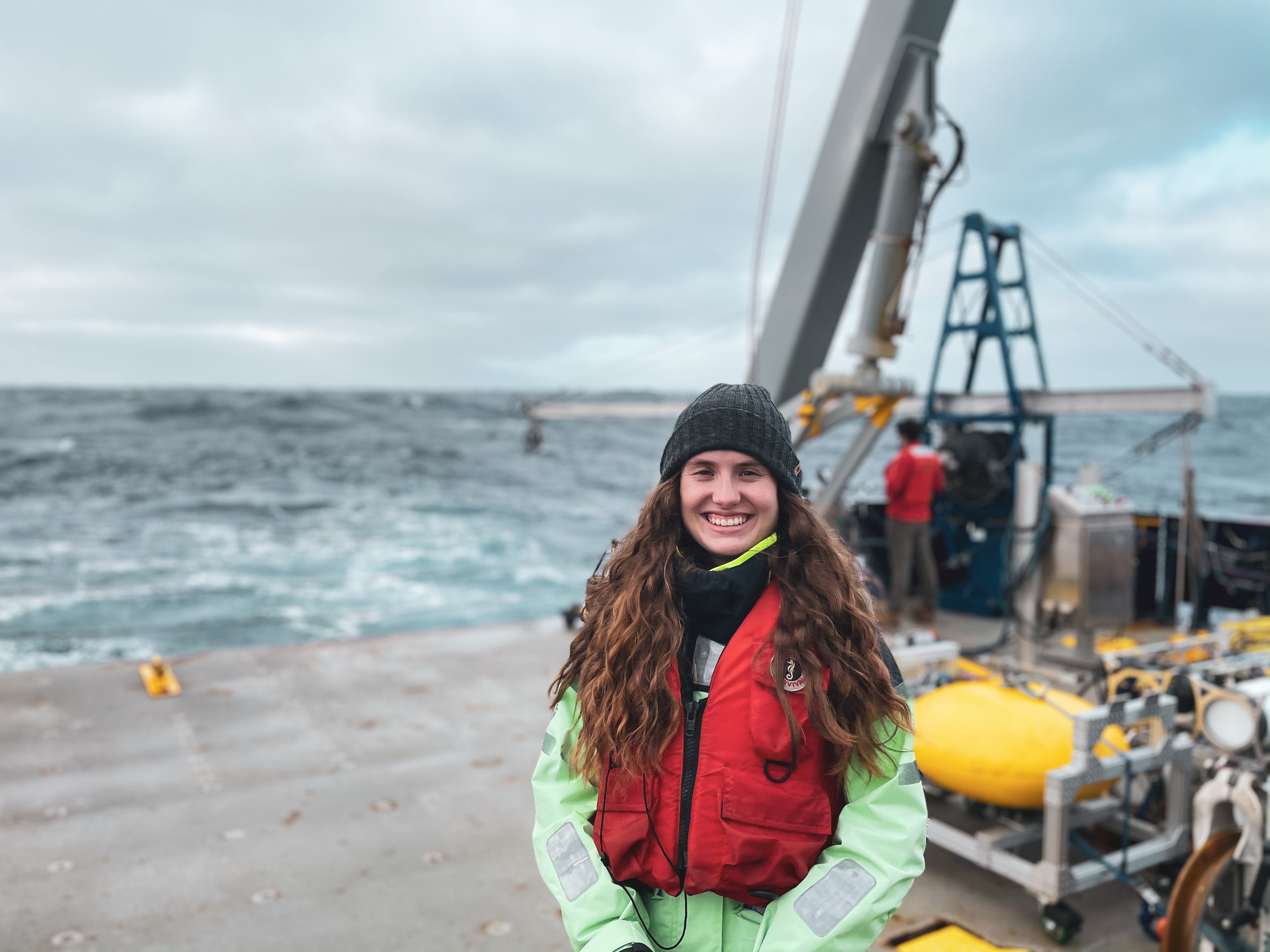Dr. Marion Alberty is currently a postdoc at Princeton University, where she researches circulation and heat transport in the western Arctic Ocean. Between 2012 and 2018, she was a student in the Physical Oceanography PhD program at Scripps and was advised by Jennifer MacKinnon and Janet Sprintall.
What has changed most about your work since you graduated from the Physical Oceanography PhD program at Scripps?
It might be easier to start with what hasn’t changed, because I’m still thinking about physical oceanography but literally everything else is different! My postdoc work uses numerical models and I infrequently work with observations, which were the focus of my graduate work. Also, I use Python to program now instead of MATLAB, which was a challenging but rewarding change. Moving to New Jersey to work at Princeton also brought about lots of changes too.
Towards the end of my PhD I started to transition towards working and thinking more independently and I've tried to keep moving in that direction. In that sense my work as a postdoc isn’t too different from my work towards the very end of the PhD program.
Could you tell us more about how you made the transition to doing independent research and coming up with your own original ideas?
Back in 2015 I joined the Arctic Mix cruise up in the Beaufort Sea, and got pretty excited about the bowchain observations we were making. When Jen (Mackinnon) saw my excitement, she encouraged me to run with it, so I had to focus and find the interesting story in the data I had. That ended up becoming the third chapter of my thesis, even though the rest of my research had focused on tropical sites, and also was my first time diving into the submesoscale rabbit hole. I think I'm still working towards being an independent researcher but I'm happy with the progress I've made.
How did you choose PhD advisors?
When I first started I knew that I was interested in turbulence and mixing, and that I wanted to do observational work. One of the great things about Scripps is that students have the freedom to explore their options during the first year, so I dedicated time to talk to Jen and Janet (Sprintall) as well as other faculty and find out who they are as people. After a while, I realized that Jen’s and Janet’s mentoring style would work well for me, that I would be well supported, and that the science problems they were working on would keep me engaged and happy in my work.
Beyond the support you got from your advisors, what were some ways in which the broader MOD group helped you be successful?
MOD was in its early stages when I was a student, so I actually remember when we first started having group meetings. Those were very useful to share my research, get feedback, and feel like I was part of a tight-knit scientific community. Everyone who attended those meetings were people who I admired and whom I felt comfortable approaching in other contexts, but having a dedicated space for group support made a huge difference. By the time the meetings formalized I was preparing to finish my projects and eventually defend; I remember wishing those group meetings could have been a part of my entire graduate experience because they were so rewarding.
Written by Noel Gutierrez Brizuela



